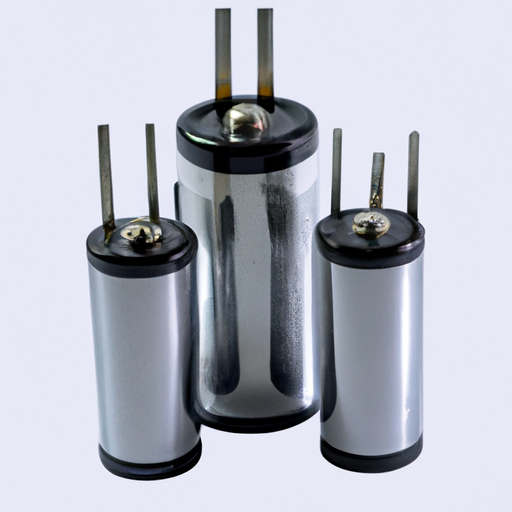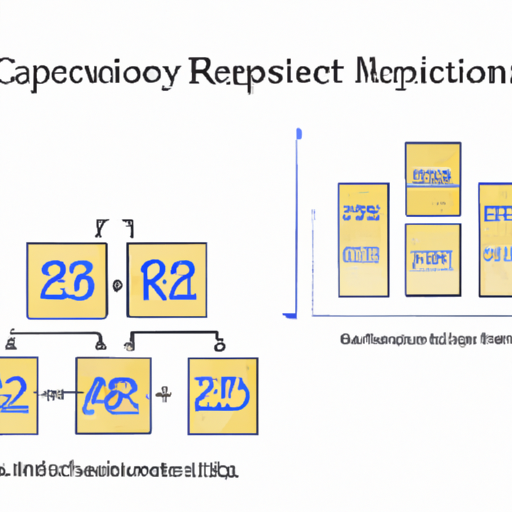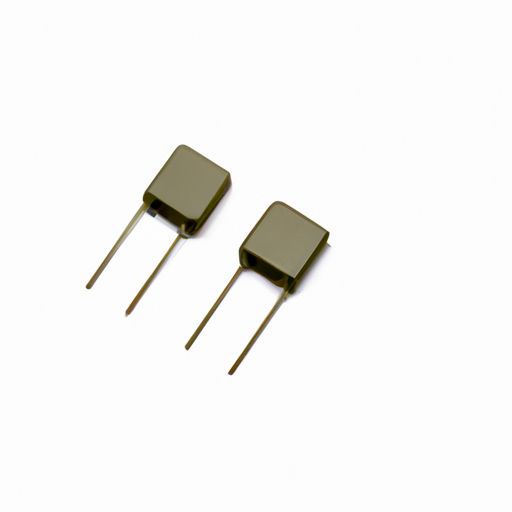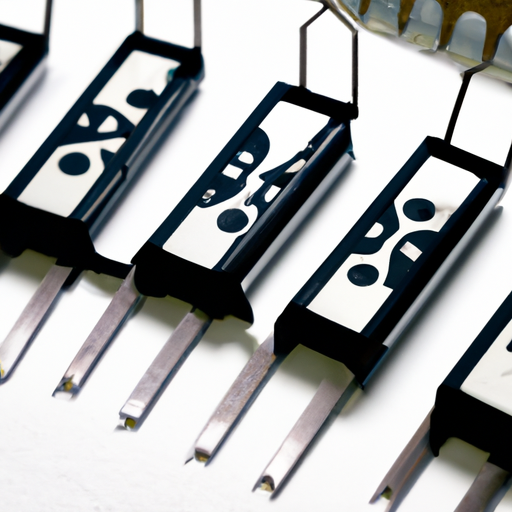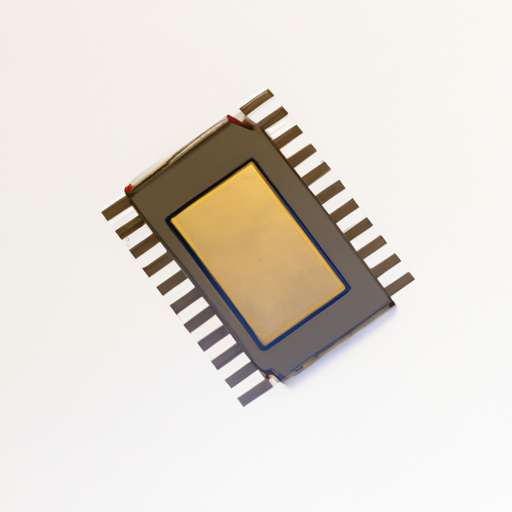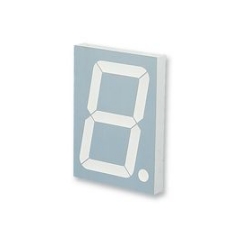application development in Capacitors for CFR-12JB-52-110R: key technologies and success stories
Application Development in Capacitors for CFR-12JB-52-110R: Key Technologies and Success Stories
Developing applications for capacitors like the CFR-12JB-52-110R requires a comprehensive understanding of both the technical specifications of the component and the broader context of application development. Below is an overview of key technologies and success stories related to capacitor application development.
Key Technologies
1. **Capacitor Types and Specifications**:
- The CFR-12JB-52-110R is a ceramic capacitor with specific capacitance, voltage rating, and tolerance. Understanding these specifications is crucial for selecting the right capacitor for a given application.
2. **Circuit Design**:
- Capacitors are integral to various circuit designs, including filtering, decoupling, and timing applications. Proficiency in circuit theory and design principles is essential for effective application development.
3. **Simulation Software**:
- Tools like SPICE (Simulation Program with Integrated Circuit Emphasis) enable developers to simulate circuit behavior before physical implementation. This helps optimize capacitor usage in designs and predict performance under different conditions.
4. **PCB Design Tools**:
- Software such as Altium Designer, Eagle, or KiCAD is used for designing printed circuit boards (PCBs) that incorporate capacitors. These tools assist in layout optimization, ensuring proper placement for performance and minimizing parasitic effects.
5. **Embedded Systems**:
- Many applications involve microcontrollers or microprocessors that require capacitors for power management and signal integrity. Familiarity with embedded systems programming and real-time operating systems is beneficial.
6. **Power Management**:
- Capacitors are critical in power supply circuits, including voltage regulation and energy storage. Understanding power electronics and the role of capacitors in energy conversion is vital for applications in this area.
7. **IoT and Smart Devices**:
- Capacitors are essential in IoT devices for energy efficiency and signal processing. Knowledge of wireless communication protocols, low-power design, and energy harvesting techniques is important.
8. **Testing and Quality Assurance**:
- Implementing rigorous testing protocols to ensure reliability and performance of capacitors in applications is crucial. This includes thermal cycling, voltage stress tests, and life cycle testing to meet industry standards.
Success Stories
1. **Consumer Electronics**:
- Companies like Apple and Samsung have successfully integrated high-performance capacitors in smartphones and laptops for power management and signal filtering, enhancing device efficiency and longevity.
2. **Automotive Applications**:
- In electric vehicles (EVs), capacitors are used for energy storage and management. Tesla has developed advanced battery management systems that rely on capacitors to ensure stable performance and safety, particularly in regenerative braking systems.
3. **Renewable Energy Systems**:
- Capacitors are used in solar inverters and wind turbine controllers to smooth out voltage fluctuations. Companies in the renewable energy sector have successfully implemented capacitor technologies to improve energy conversion efficiency and grid stability.
4. **Medical Devices**:
- Capacitors are critical in medical devices for signal processing and power supply stability. Companies like Medtronic have developed devices that rely on high-reliability capacitors to ensure patient safety and device performance, particularly in implantable devices.
5. **Telecommunications**:
- Capacitors are used in base stations and communication devices to filter signals and manage power. Companies like Ericsson and Huawei have successfully integrated capacitors into their systems to enhance communication reliability and reduce noise in signal transmission.
Conclusion
The development of applications using capacitors like the CFR-12JB-52-110R involves a combination of circuit design, simulation, and an understanding of the specific requirements of the application. Success stories across various industries highlight the versatility and importance of capacitors in modern technology. By leveraging key technologies and learning from successful implementations, developers can create innovative solutions that meet the demands of today's electronic applications. This approach not only enhances product performance but also contributes to the advancement of technology across multiple sectors.

